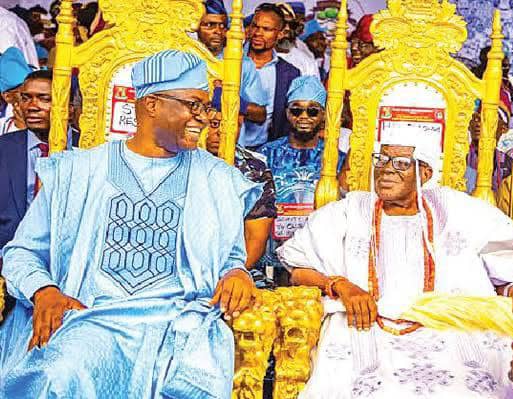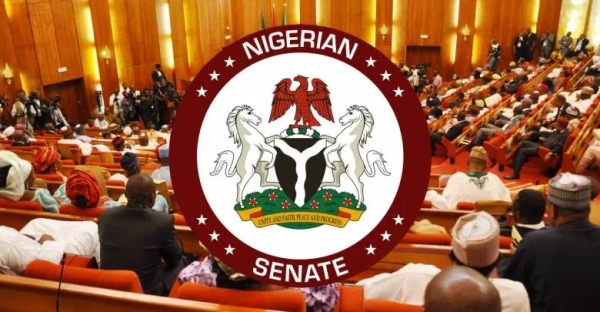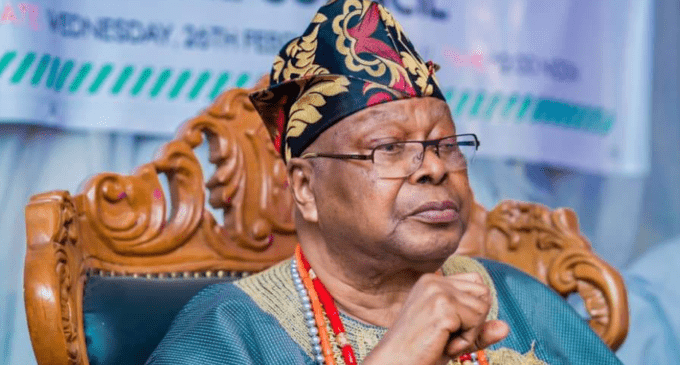By Ayomide Otitoju
The Ogun State Government has declared its preparedness to face any legal challenge arising from the Islamic burial of the late Awujale and paramount ruler of Ijebuland, Oba Sikiru Kayode Adetona, who passed away on Sunday, July 13, 2025, at the age of 91.
The burial, conducted according to Islamic rites, has drawn criticism from traditional religious leaders, notably the International Council for Ifa Religion (ICIR), which described the ceremony as a violation of Yoruba customs and state laws.
At a press briefing in Ibadan over the weekend, ICIR President Dr. Fayemi Fakayode and the group’s legal adviser, Ifasola Opeodu, condemned the burial as a “breach of both tradition and the law,” citing Part 8, Section 55, Sub-section II of the Ogun State Chieftaincy Law. They argued that the law mandates the observance of traditional rites in the burial of monarchs, regardless of personal religious preference.
The council further accused the family of the late monarch, government officials, and security agencies of preventing the Osugbo Confraternity — the traditional custodians of royal funeral rites — from performing their duties. Opeodu described the burial as “an assault on democracy and the religious freedom of traditionalists,” vowing that the ICIR would seek legal redress to uphold Yoruba cultural traditions in future royal funerals.
In response, the Ogun State Attorney General and Commissioner for Justice, Mr. Sina Ogungbade (SAN), on Monday dismissed the ICIR’s threats, calling any planned litigation “a sheer waste of time and resources.”
“The government is ready to meet them in court, but I consider their action a welcome development — albeit one grounded in ignorance of the law,” Ogungbade stated. “How does the choice of the late Awujale or his family to be buried according to his faith constitute an assault on the religious freedom of traditionalists? Their position is laughable.”
Ogungbade maintained that the state acted fully within the legal framework by respecting the religious wishes of the deceased, a right he said is protected under both constitutional and statutory provisions.
The ICIR, however, insists the burial disregarded longstanding Yoruba royal traditions and accused the state government of sidelining cultural custodians in the name of political expediency.
“This moment reminds us that the gentleness of a lion is not a sign of weakness,” Fakayode said, praising the Osugbo Confraternity for their restraint and patience. “We will not allow this anomaly to go unchallenged.”
As tensions mount between the state government and cultural stakeholders, legal experts anticipate that the unfolding court battle could set a precedent for the burial of traditional rulers in modern Nigeria.










